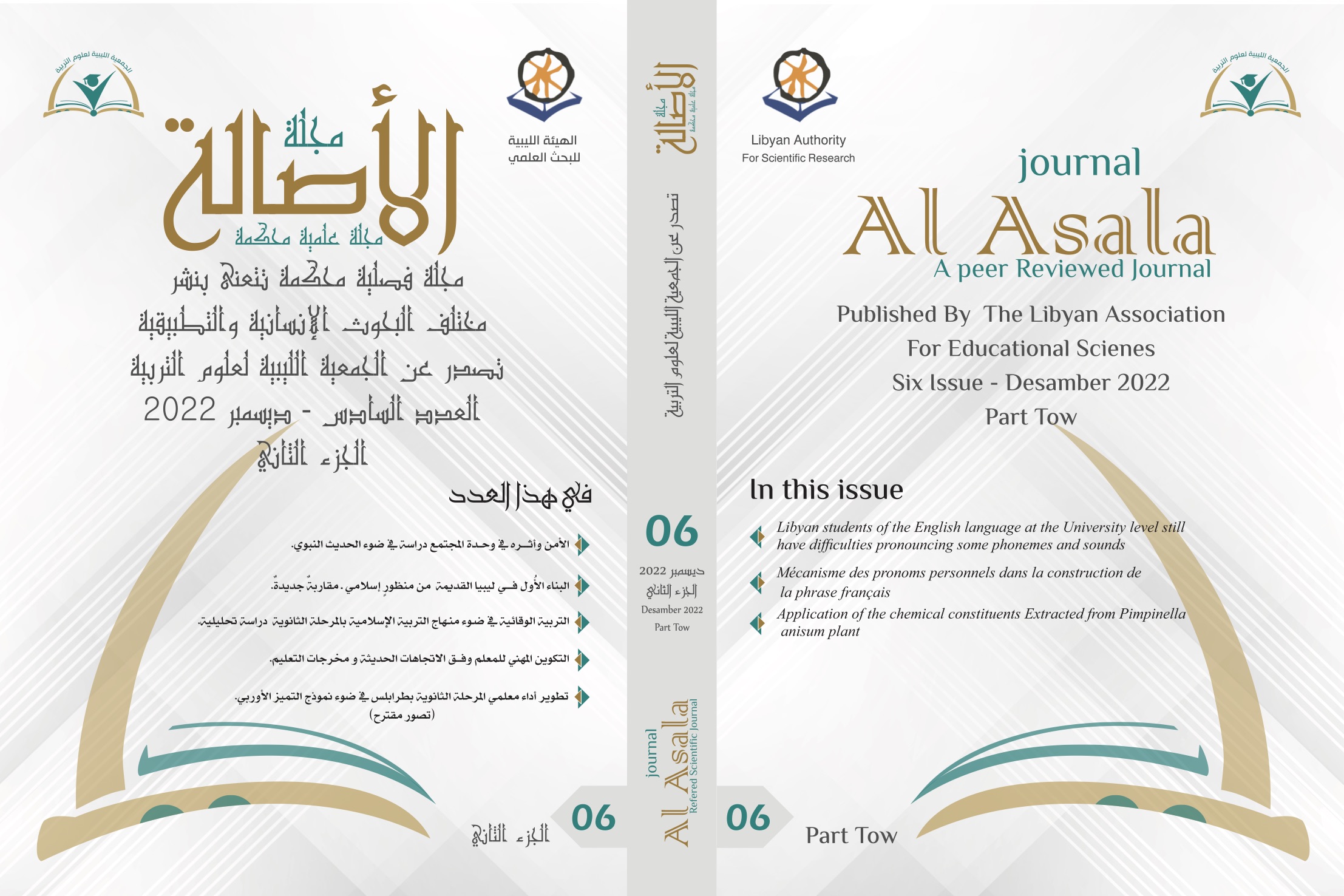سياسة إيطاليا الاقتصادية في ليبيا قبيل عام 1911م
Main Article Content
Abstract
Italy took advantage of the weakness of the Ottoman authority in the state of Tripoli in the west, to begin its scheme to penetrate and create a foothold for it, and chose the economic aspect, especially because of the poverty the country suffers from, in addition to the disadvantages of the Ottoman tax, which played a key role in the collapse, although the late second Ottoman era witnessed Governors who were keen to advance the country for the better, and in this research we have exposed their efforts in agriculture, industry, and trade, as economic possibilities prior to the Italian occupation. This was followed by the efforts of Italy represented by the Bank of Rome, which was able to penetrate the Libyan system, and carried out several constructions that facilitated the creation of a good economic base by lending the people sums of money in return for mortgaging the land, which they were unable to pay on time, which allowed the sale of these lands to him in this way. Allied presses, mills, and several small factories, encouraged by the Italian authority to think seriously about the occupation and control of Libya, all his transactions were done in the name of the Italian government. The awakening of the governors against this infiltration came late, Rajab Pasha did not succeed in standing in front of this bank, despite the strict measures he took against him, and Ibrahim Pasha also did not succeed in stopping the bank from buying land from the people, and Italy succeeded through it in owning a good area of the territories, and was the first supporter of the direct occupation of Libya, which took place in October 1911.

